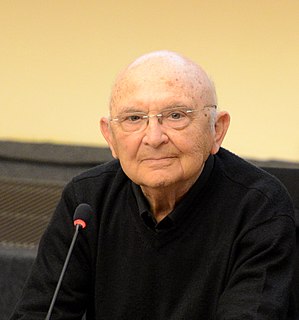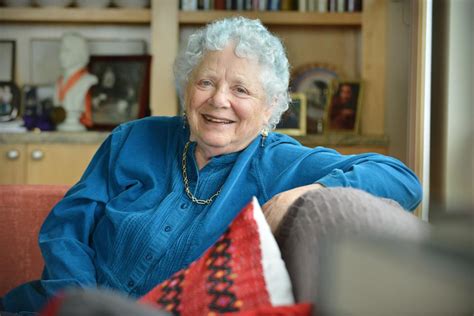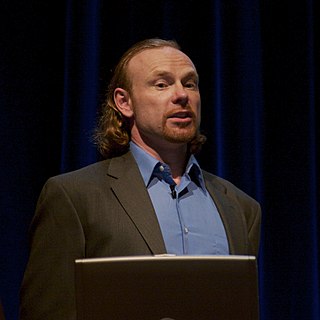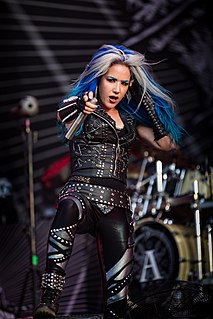A Quote by Rumi
The meaning of poetry has no sureness of direction; is like the sling, it is not under control.
Related Quotes
Life in itself has no meaning. Life is an opportunity to create meaning. Meaning has not to be discovered; it has to be created. You will find meaning only if you create it. It is not lying there somewhere behind the bushes, so you can go and you search a little bit and find it. It is not there like a rock that you will find. It is a poetry to be composed, it is a song to be sung, it is a dance to be danced.
I feel like I veer more away from technology than toward it. I'm a little scared of the direction we're going, to be honest. It feels like a sci-fi novel from the '50s, the way we can control everything and the solitude we each have in our own little bubbles, and yet we feel like we have social interactions. We're moving in a weird direction, at least.
Contemporary poetry ... tries to transform the sign back into meaning:
its ideal, ultimately, would be to reach not the meaning of words, but the
meaning of things themselves. This is why it clouds the language, increases
as much as it can the abstractness of the concept and the arbitrariness
of the sign and stretches to the limit the link between signifier and signified.






































